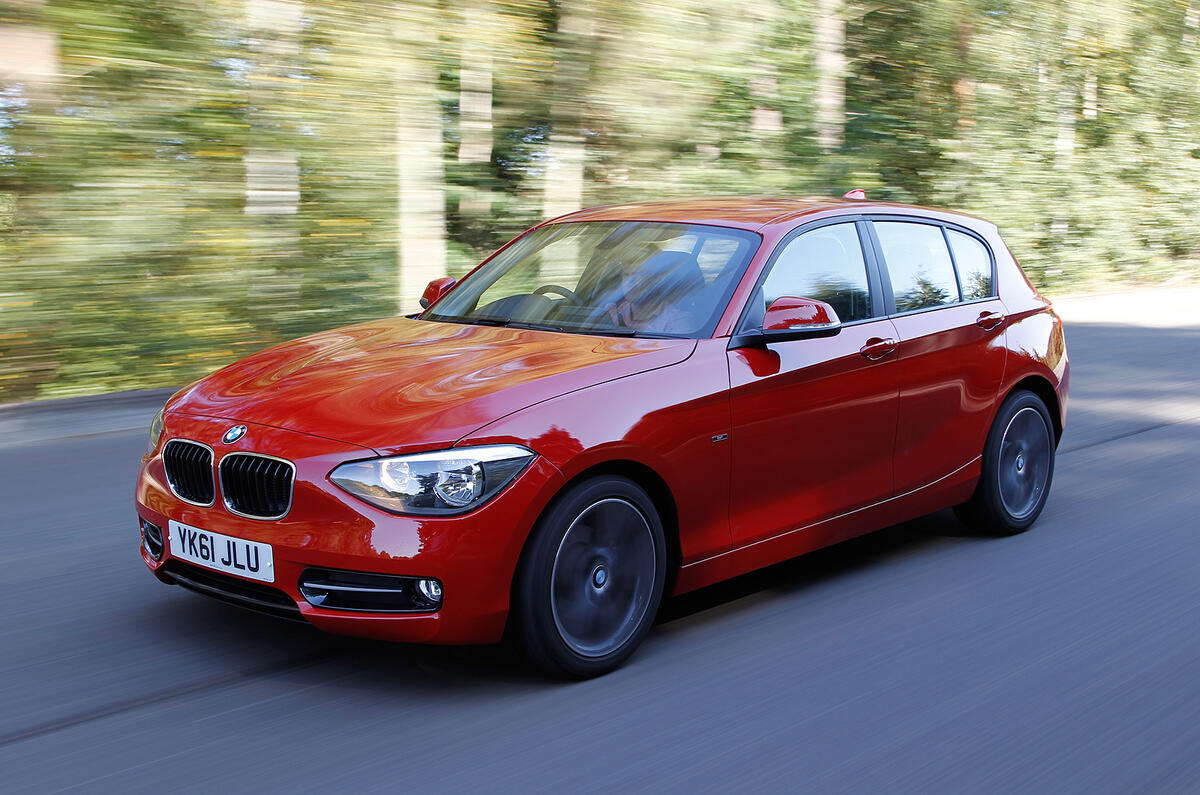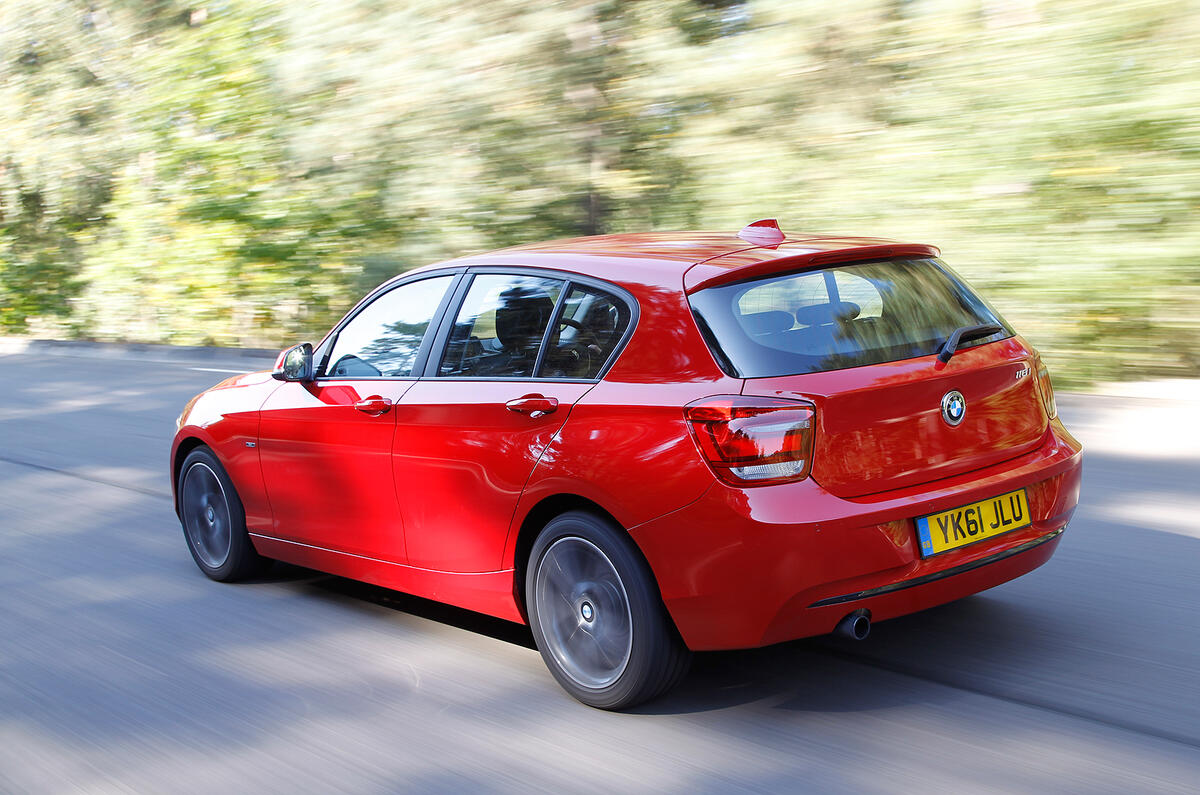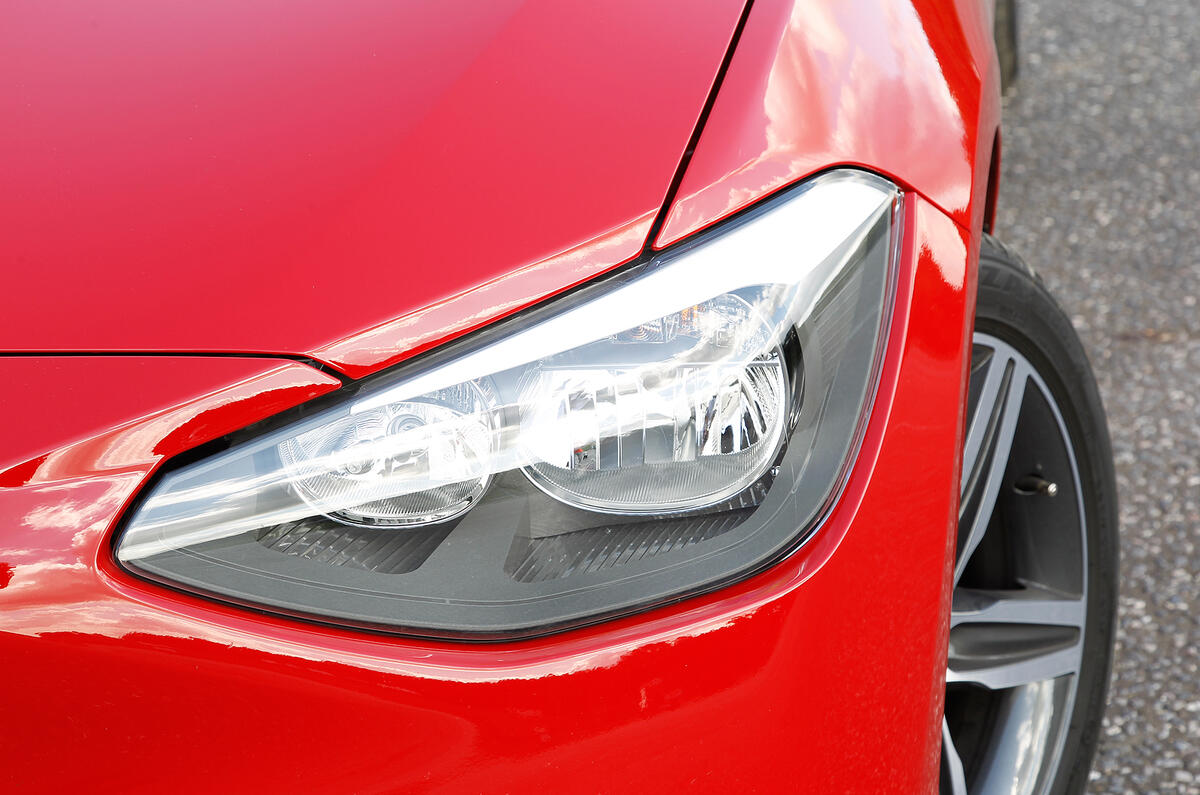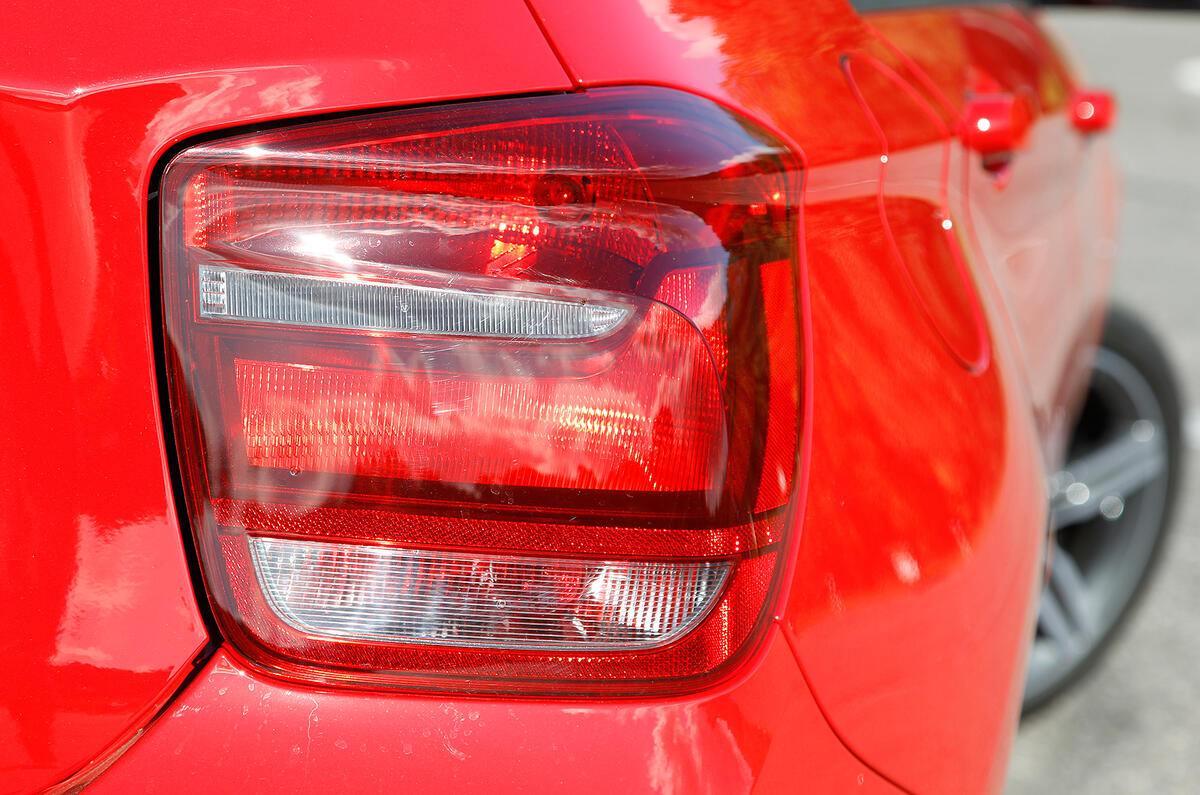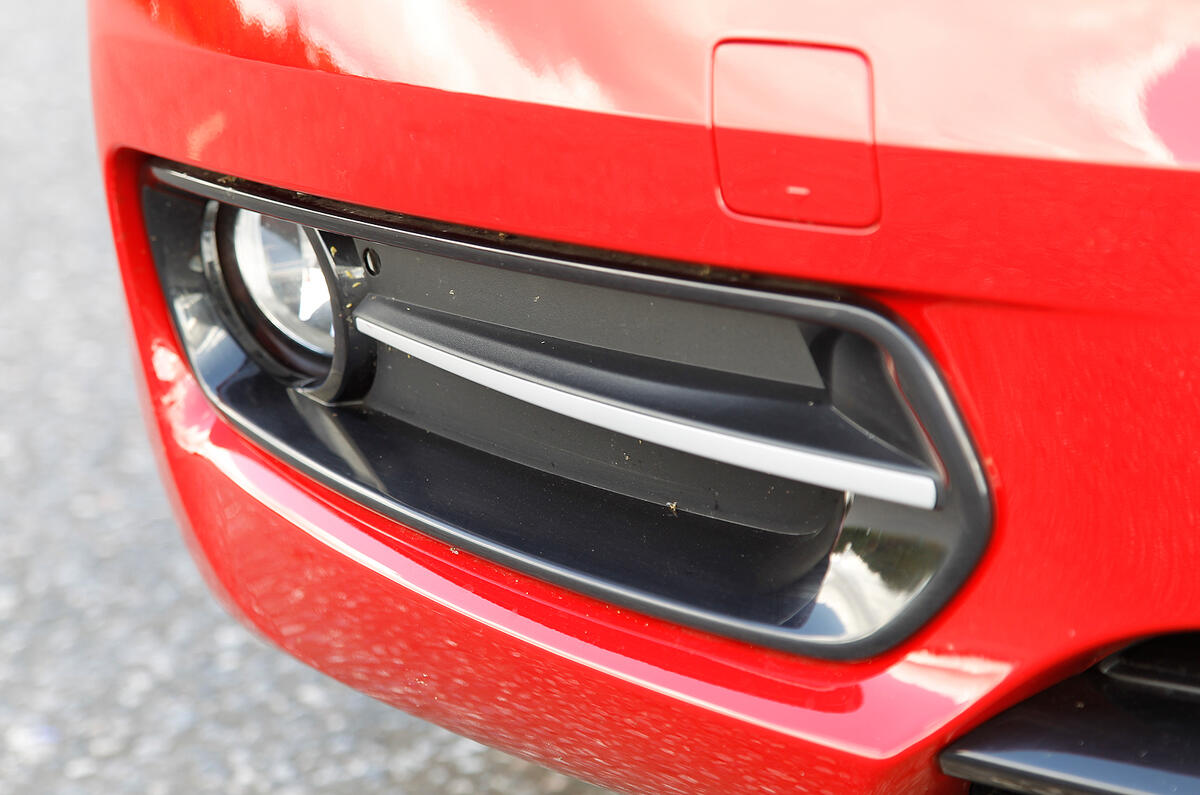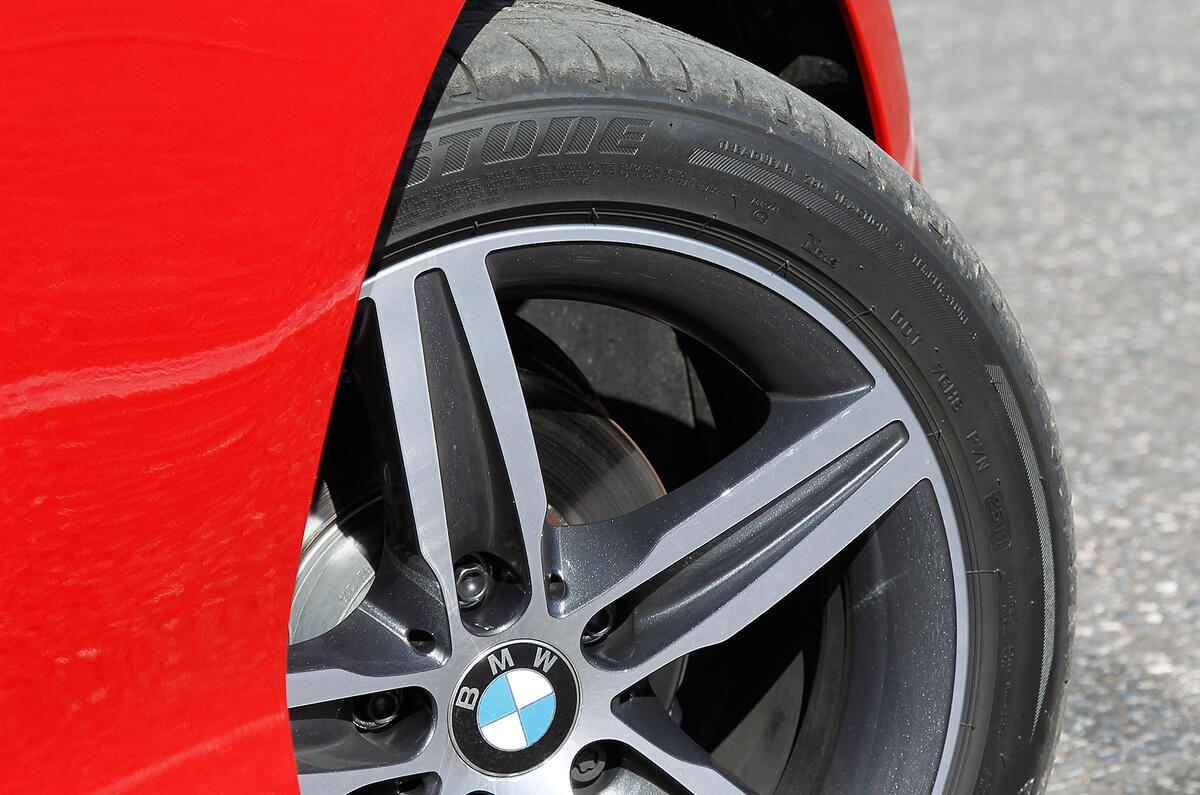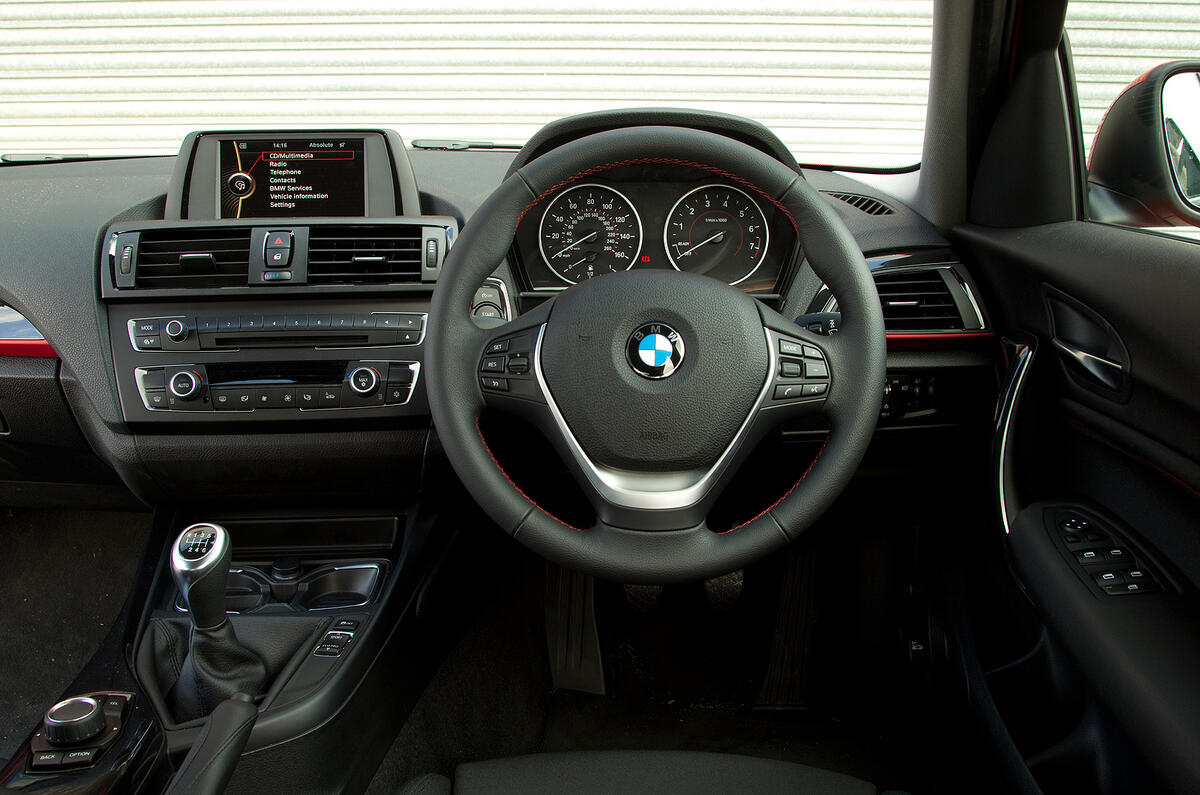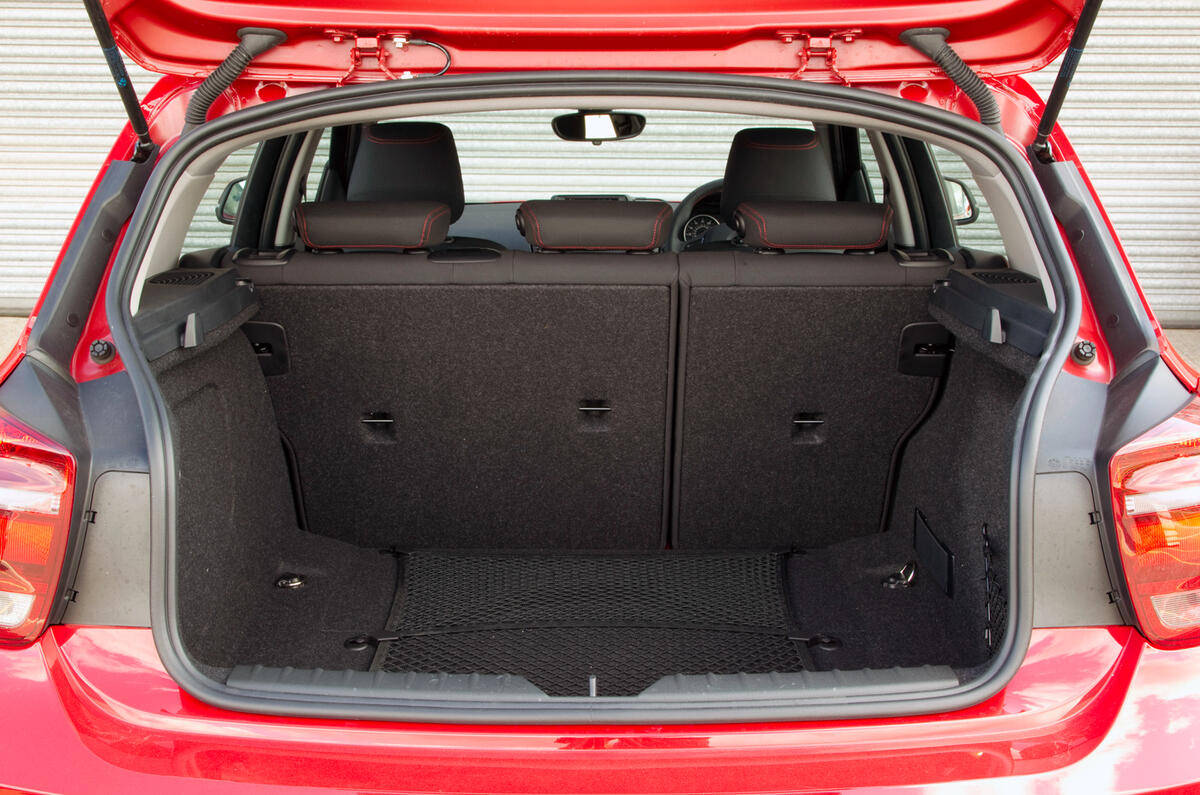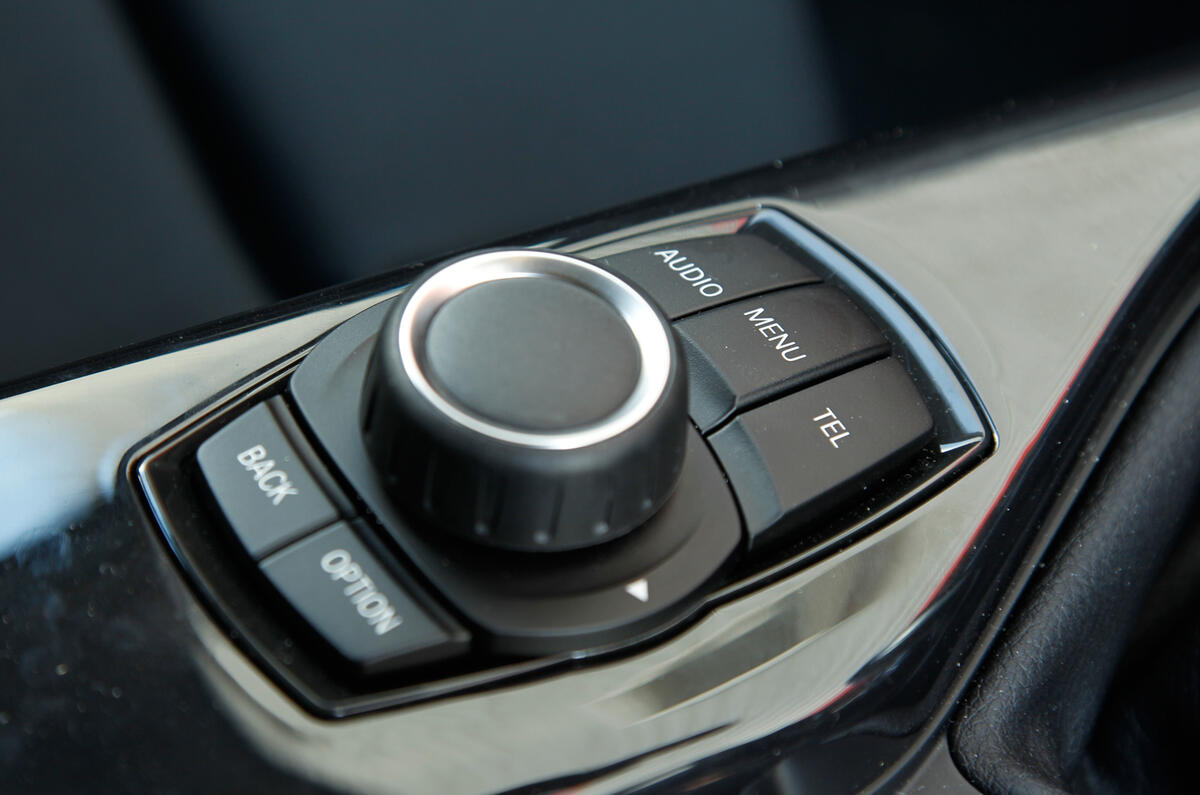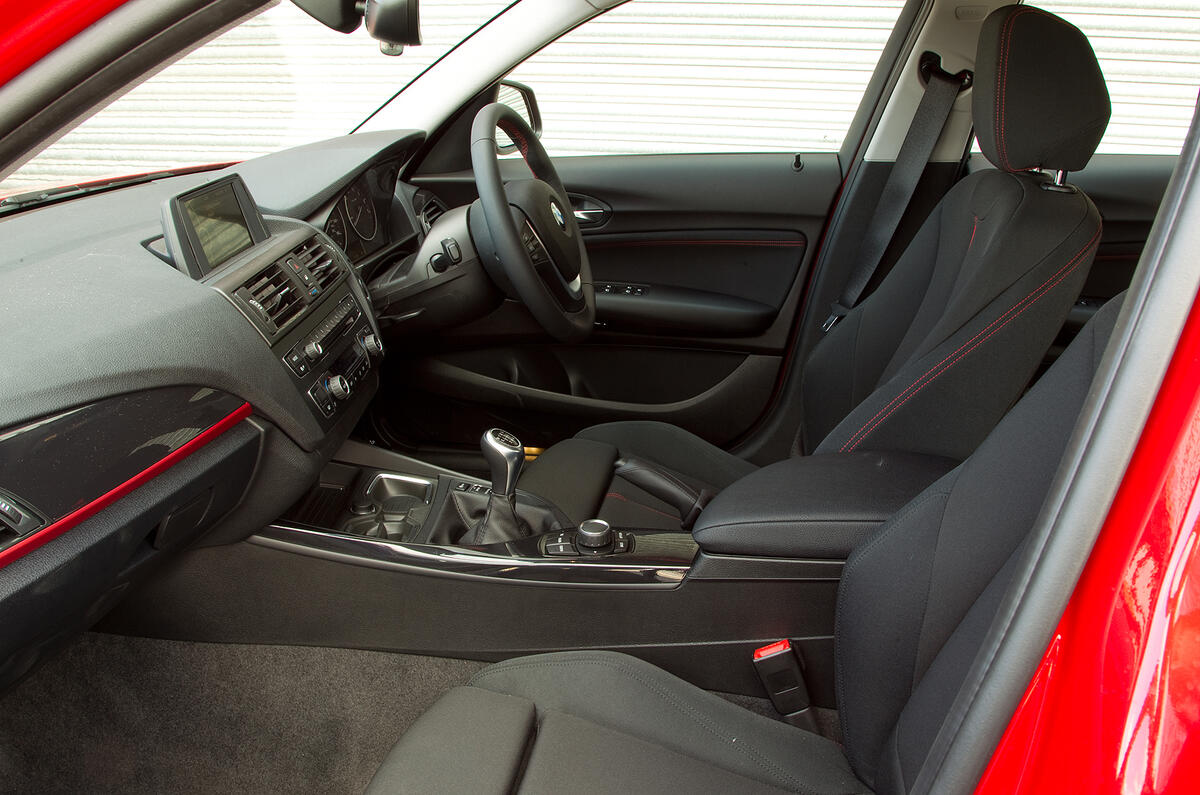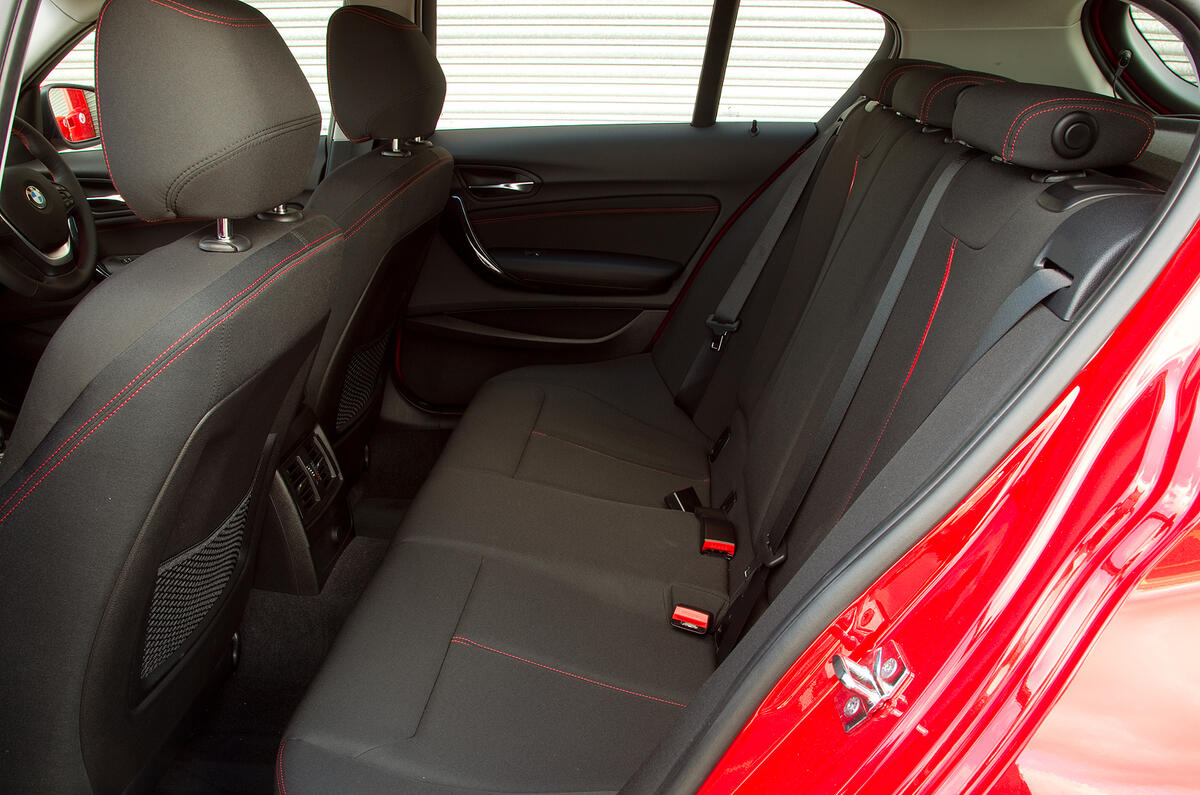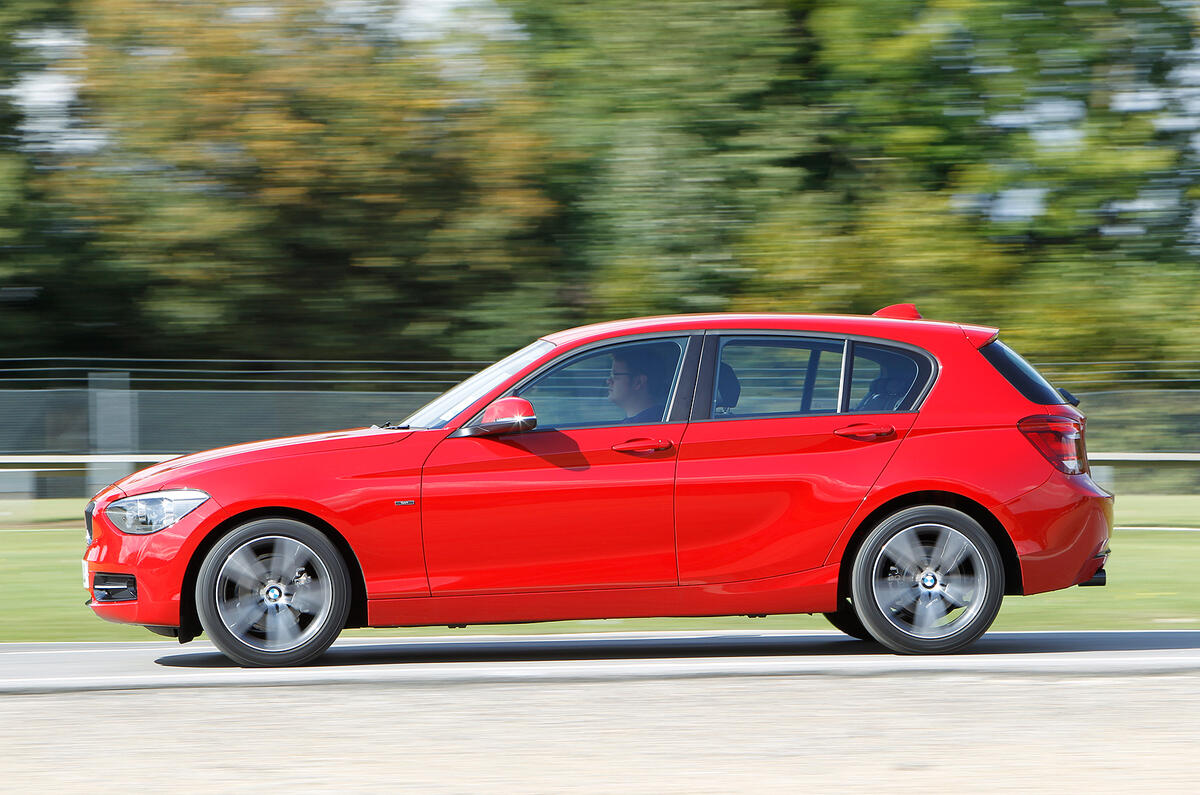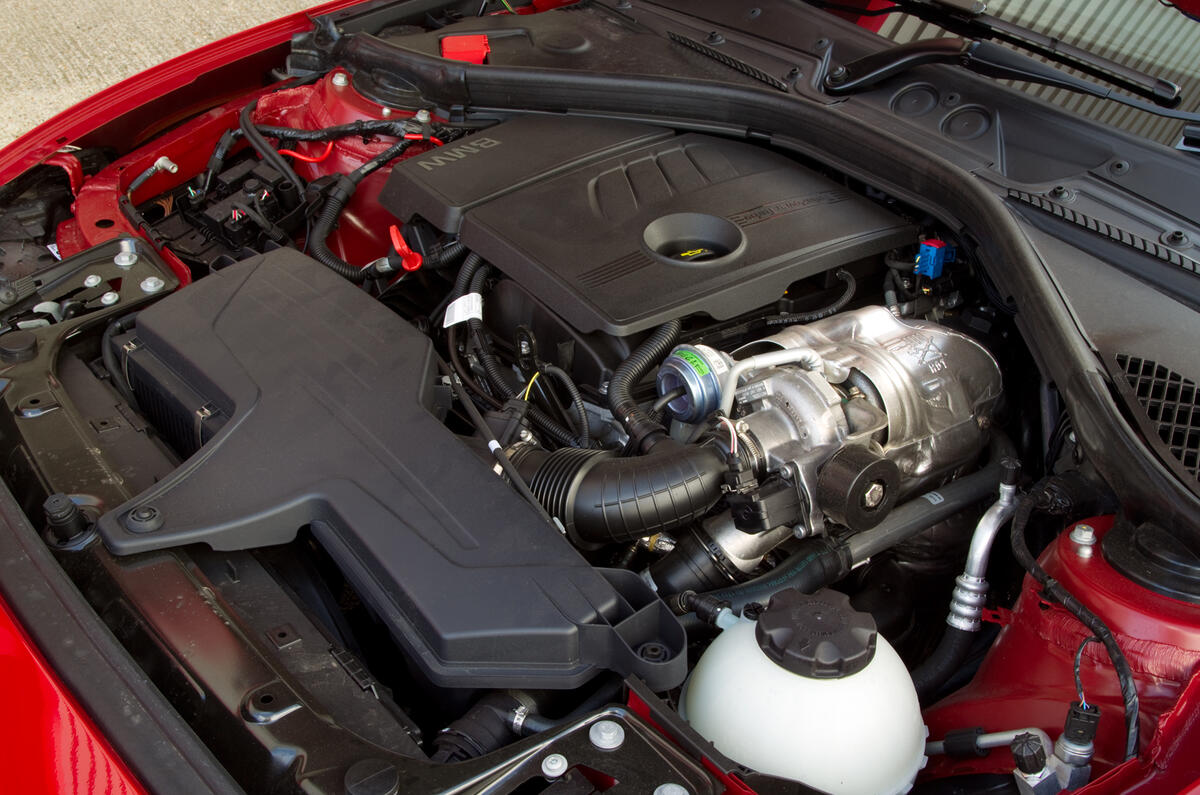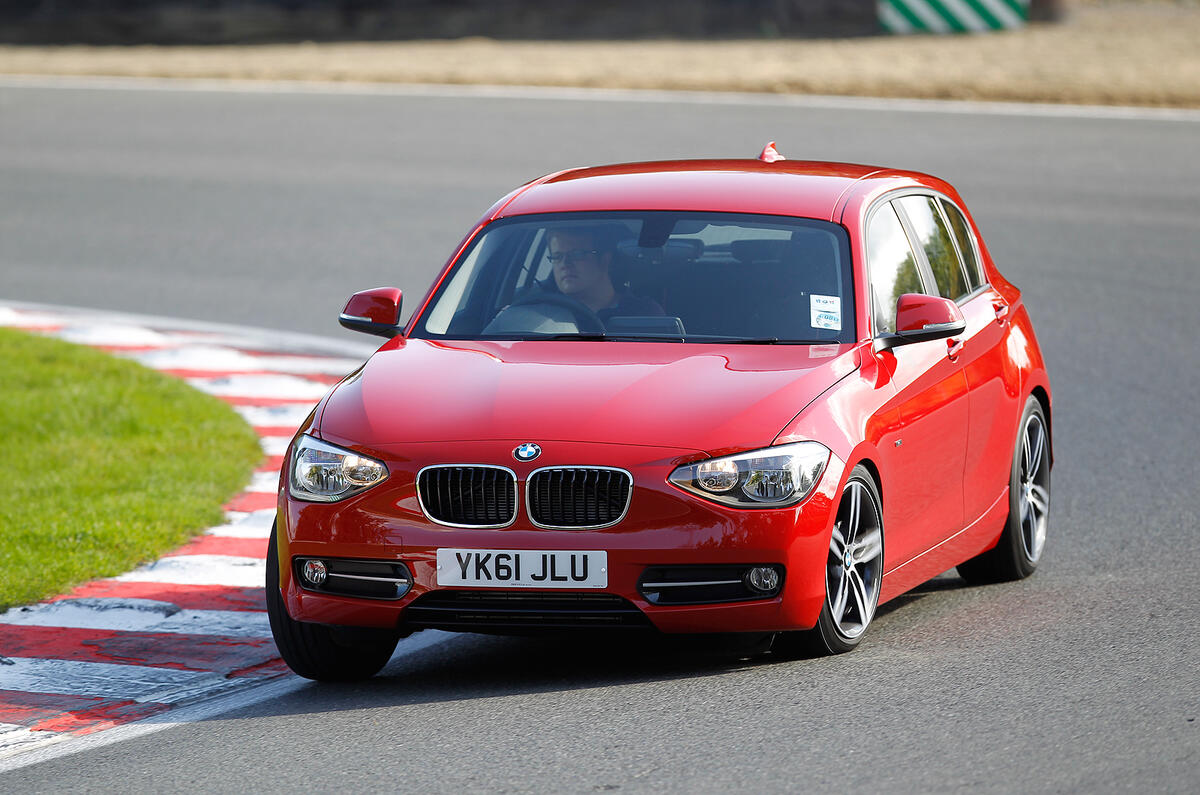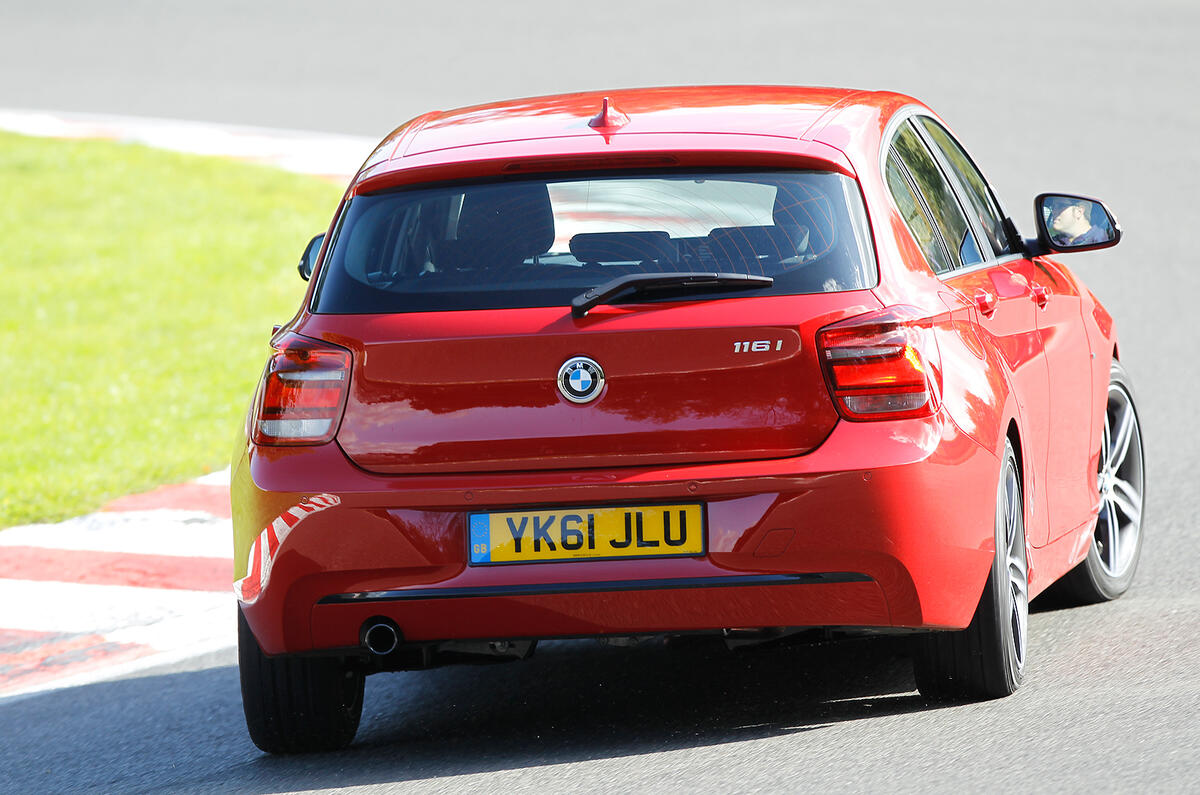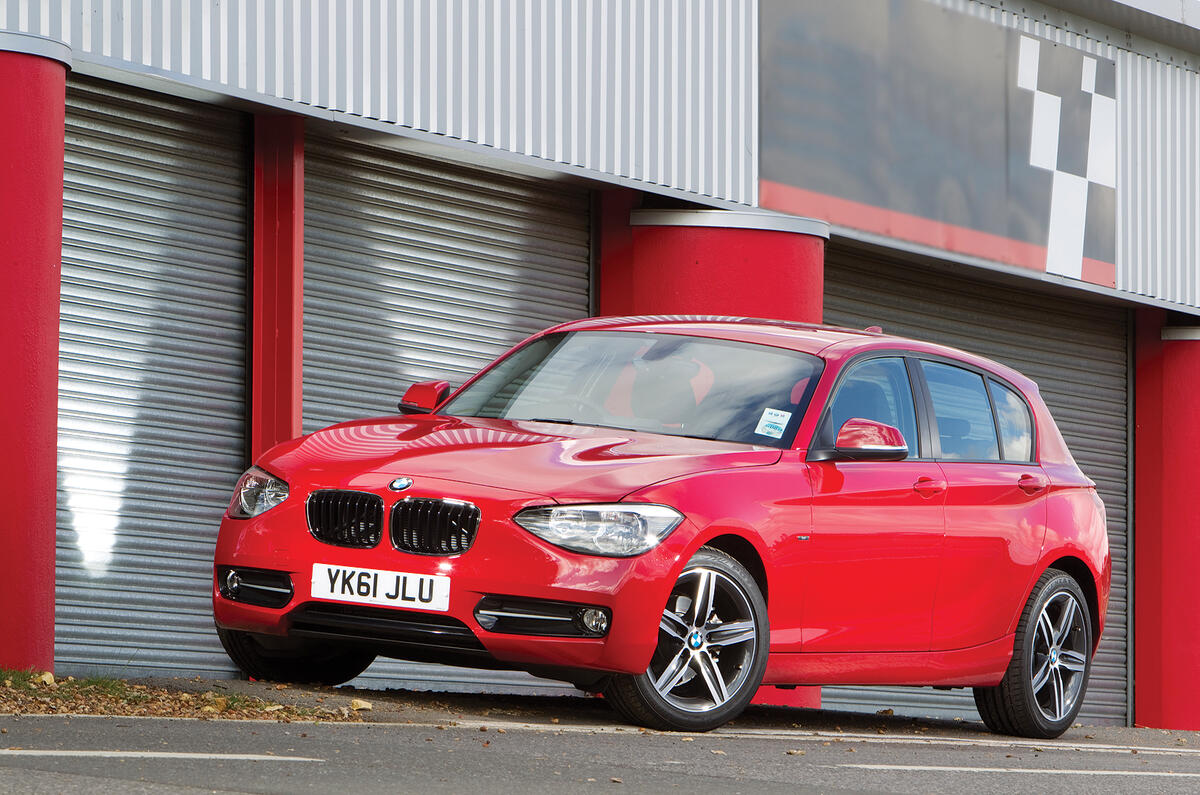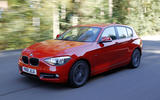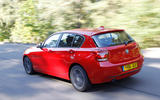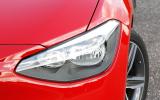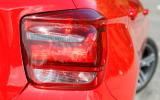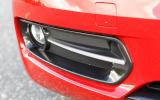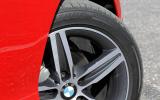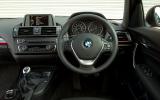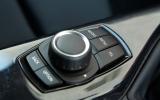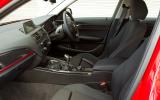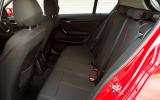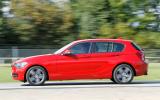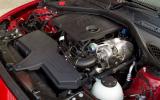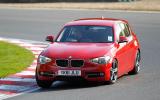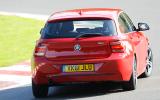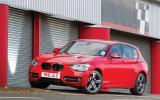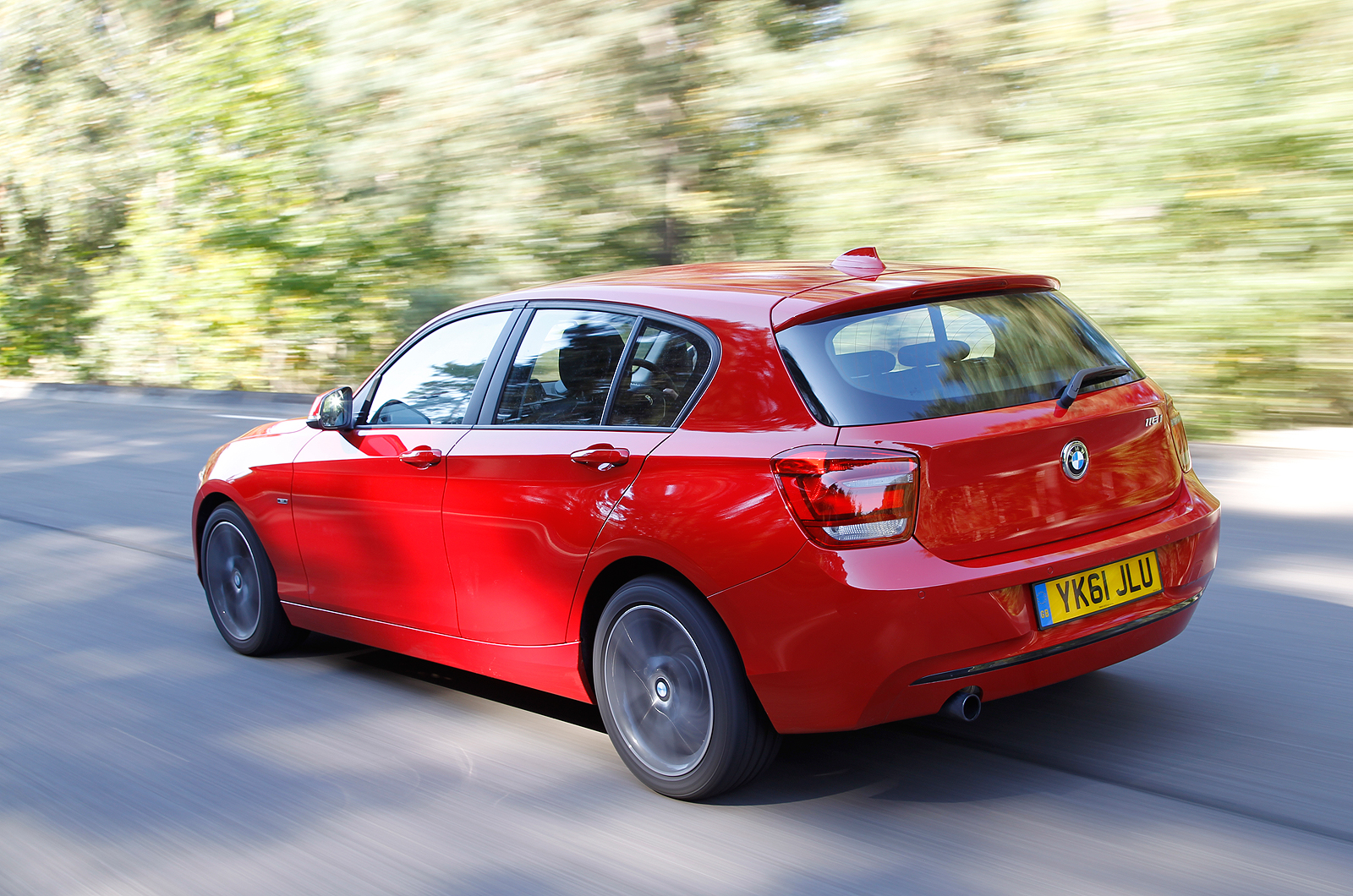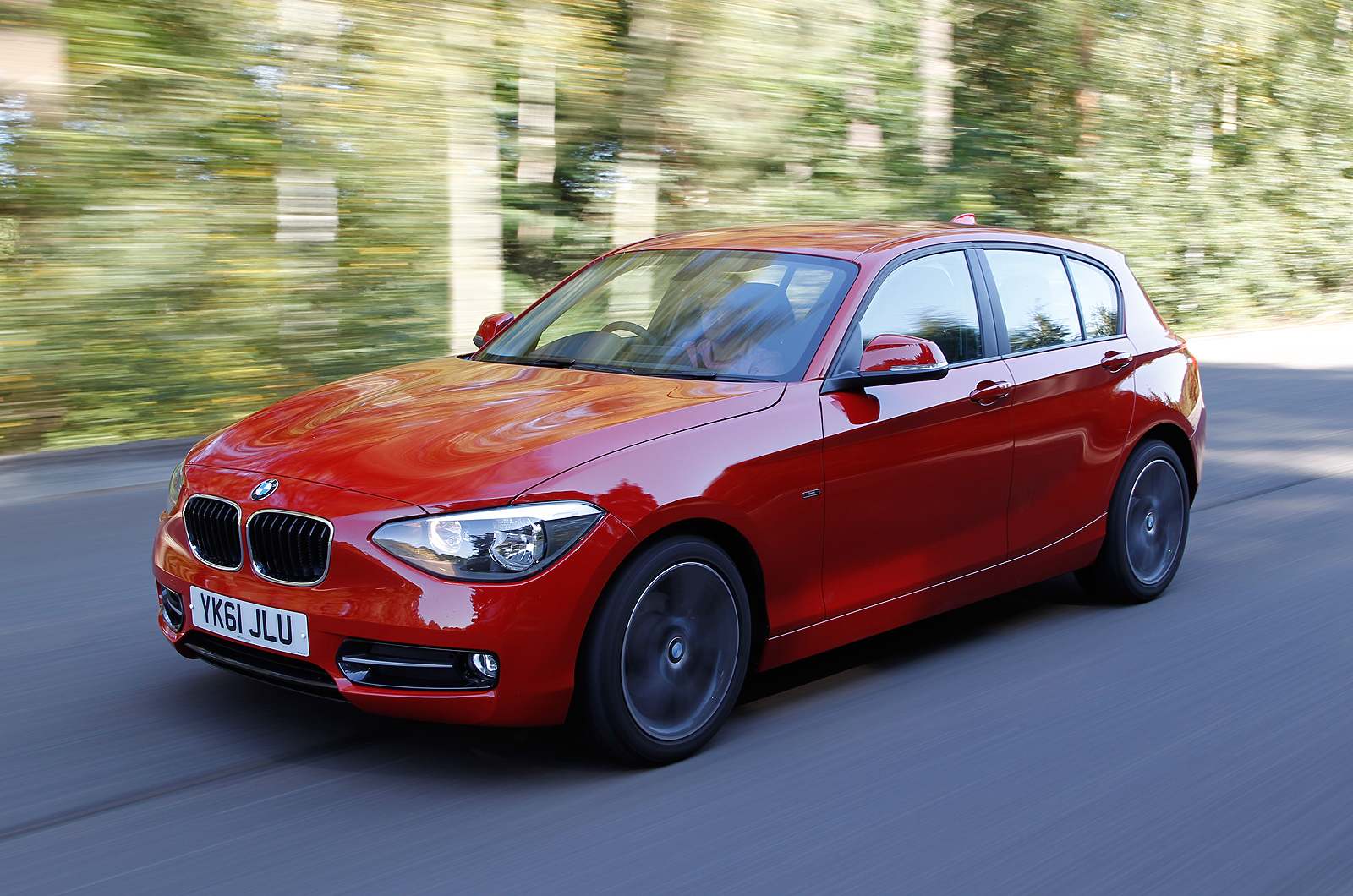You could set your watch by BMW’s model renewal cycle. The second-generation BMW 1 Series turned up to its Autocar road test almost seven years to the day after the first. We liked the original car enough to award it a four-star rating and were impressed by its excellent performance, mechanical refinement and desirability. But it also disappointed in several key areas.
Despite being four grand cheaper than an equivalent 3 Series, it was consistently outsold in the UK by the bigger BMW saloon, not to mention most of its key rivals – and that’s in its second largest global market.
The baby BMW brought a unique selling point to the premium C-segment – driven rear wheels – but not without compromise. Finding room for a longitudinal engine up front and a transmission tunnel made the car cramped in the rear. In a few areas, it fell short of BMW’s usual standards on cabin quality. Most frustrating of all, it didn’t have the balanced, involving drive we expected from a ‘standard drive’ BMW.
Into which context enters the second-generation 1 Series. After a complete redesign and restyle and a through engineering overhaul, can the new 1 Series stamp greater authority on what has become Europe’s most important market segment for premium brand players? And does the car now have the compelling dynamics of a class-leading BMW?


